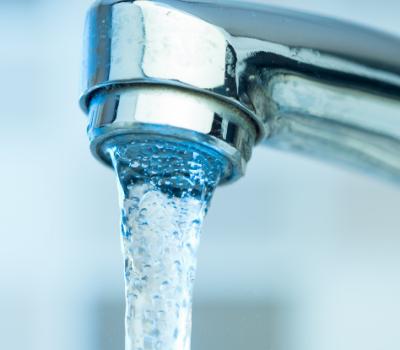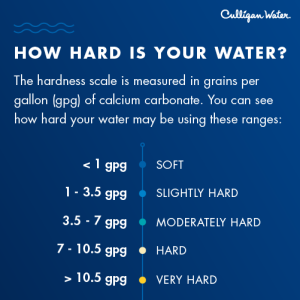If you've recognized signs of hard water in your home, such as buildup on plumbing features, difficulty producing a later, or soap scum on shower doors, you may be wondering exactly how hard your water is.
Measuring water hardness can assist you in determining what kind of water softener will best solve your problem. In preparation for the next steps to soft water, learn how to assess your water hardness, understand the results, and apply your discoveries.
Testing for Water Hardness
Typically, hard water is the result of high concentrations of dissolved minerals–mainly magnesium and calcium–in your water supply. Depending on the source of your water, you may be more or less susceptible to hard water problems. For example, well water users are particularly more likely to face this issue.
Check with Your Water Supplier
If you use well water, this isn't an option. However, if you use city water and suspect problems with hardness, you may want to contact your supplier as the first step.
Your local water supplier's annual report and website are good places to start acquiring information about general water hardness levels in your area. However, the information included in annual reports will vary by location, so your supplier may not provide proper data on this topic. Even if the right information is available, it will broadly apply to the hardness levels in your area. The results won't actually tell you how hard the water is in your household.
You will have to conduct testing to discover the specific hardness levels in your home.
Test Your Home Water Supply
There are multiple types of home testing kits available for determining the relative concentration of hardness minerals in your home water supply. Home and lab testing options from water treatment professionals are also available. Working with a wat treatment company can ensure that you get the most accurate results, and understand how to interpret what to do next.
Water Hardness Scale
Interpreting your water hardness test results will require familiarity with the different water hardness scales and measurements that are commonly utilized. The majority of findings are delivered as a number that reports the concentration of calcium carbonate or other equivalents for a given unit of water. The water hardness scale result may be expressed in parts per million (ppm), grains per gallon (gpg), or milligrams per liter (mg/L).
Utilizing the Water Hardness Scale for Water Softener Selection
If you know that you have hard water, a water softener can help rid your home of issues like dry hair and sin, limescale buildup, spotty dishes, and inefficiency of water-using appliances.
With a trustworthy water hardness test and information about your household water usage, you will be able to partner with a professional to determine the kind of water softener that will give you the best results. Based on where your home water supply falls on the hardness scale, as well as your softness preference and how much water your household uses, you can find a softener that suits your needs.
Take Action–Test Your Water for Hardness
Hard water isn't something you have to put up with. If you notice any of the troubling signs, be sure to measure the hardness level of your home water supply.
Once you know where your home stands, you can find the best solutions for your home's needs. The professionals at Culligan can help you conduct testing and explore your options. Find the Culligan dealer nearest you today to start experiencing the difference of better water.






